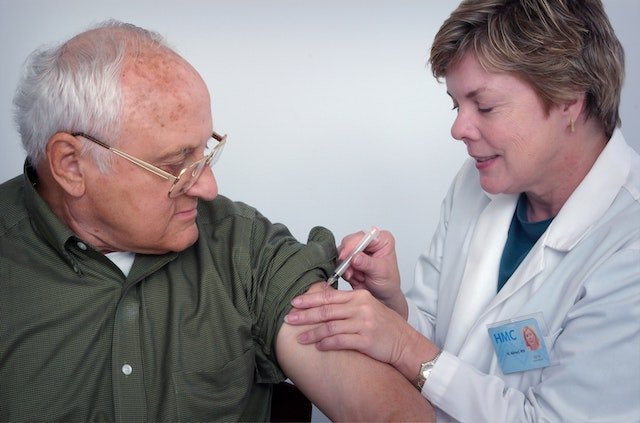
Currently, Alzheimer’s affects one-in-ten adults over the age of 65—a number that is expected to triple by 2030. The need to find a cure is great.
In a recent study from the Hebrew University of Jerusalem, researchers found that the Bacillus Calmette-Guérin (BCG) vaccine, originally developed for tuberculosis and commonly used to treat bladder cancer, may work as an effective treatment to prevent Alzheimer’s.
The study is published in PLOS ONE. The authors include Hervé Bercovier, Charles Greenblatt and Benjamin Klein.
Previous research has shown that countries treating bladder cancer patients with the BCG vaccine had a lower prevalence of Alzheimer’s disease.
In the study, the team followed 1,371 bladder cancer patients receiving treatment at HU’s Hadassah Medical Center.
The average patient age was 68. During follow-up visits, 65 cancer patients had developed Alzheimer’s.
Those who had not received BCG as part of their treatment had a much higher risk of developing Alzheimer’s than did BCG-treated patients: 8.9% (44 patients) as opposed to 2.4% (21).
Further, when compared with the general (healthy) population, people who had never been treated with BCG had a 4-fold higher risk for developing Alzheimer’s than did those who were treated with BCG.
It’s important to note that the researchers have not developed a vaccine that prevents Alzheimer’s.
However, the study is an important step towards understanding the ways in which the immune system is a major player in the pathogenesis of Alzheimer’s.
Copyright © 2020 Knowridge Science Report. All rights reserved.



